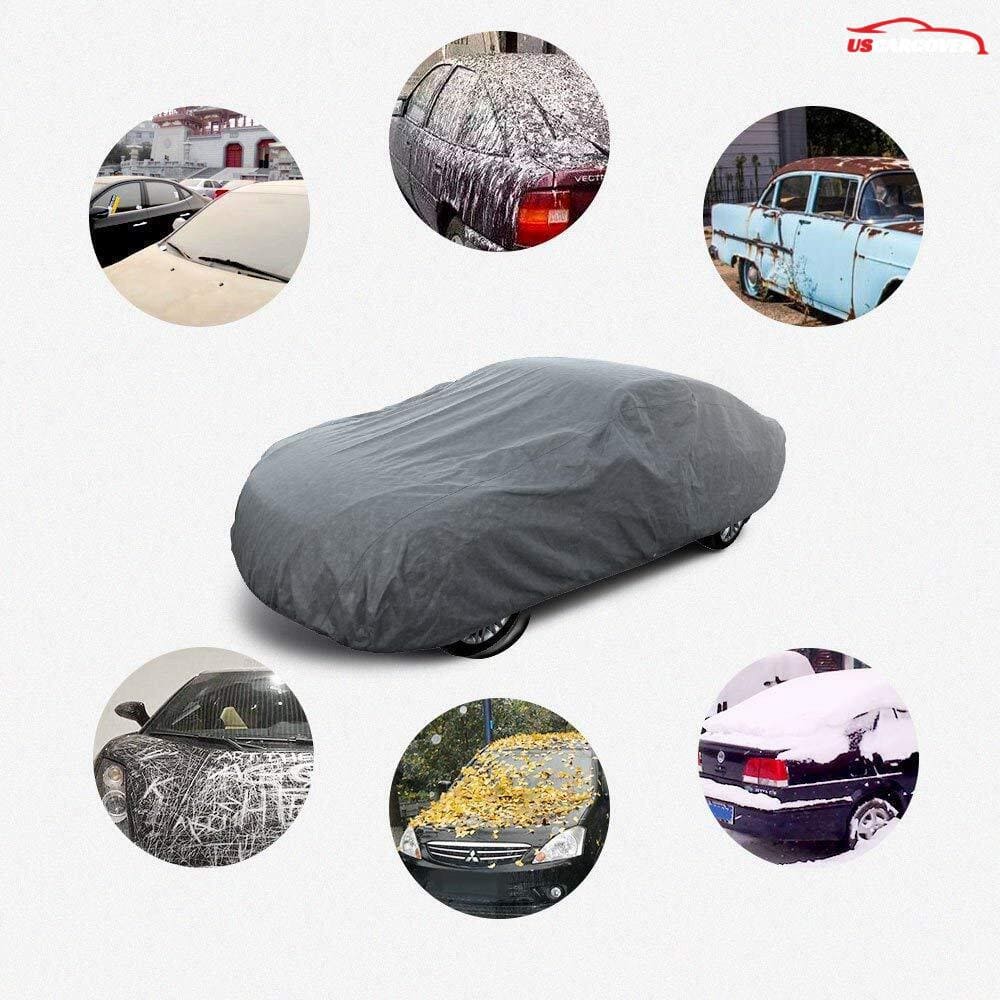
Car covers play a vital role in protecting your vehicle, and the material used to make them is crucial. Choosing the right material ensures optimal protection against weather, dirt, and scratches, while also prolonging the cover's lifespan. In this article, we’ll explore the 5 common materials used to make car covers, helping you select the best option for your needs.
Why the Material of a Car Cover Matters
The material of a car cover plays a critical role in safeguarding your vehicle by providing essential protection against harsh weather, UV rays, dust, and scratches. High-quality materials ensure your car’s paint remains intact, prevent rust formation, and shield your vehicle from environmental damage. Choosing the right material directly impacts the cover's durability and your car’s overall condition.
Different car cover materials are designed to suit specific needs, whether for indoor or outdoor use. For instance, breathable fabrics like cotton are ideal for indoor storage to prevent dust accumulation, while weather-resistant materials such as polyester or vinyl excel in protecting against rain, snow, and sun when parked outdoors. Matching the material to your parking environment ensures maximum performance and protection.
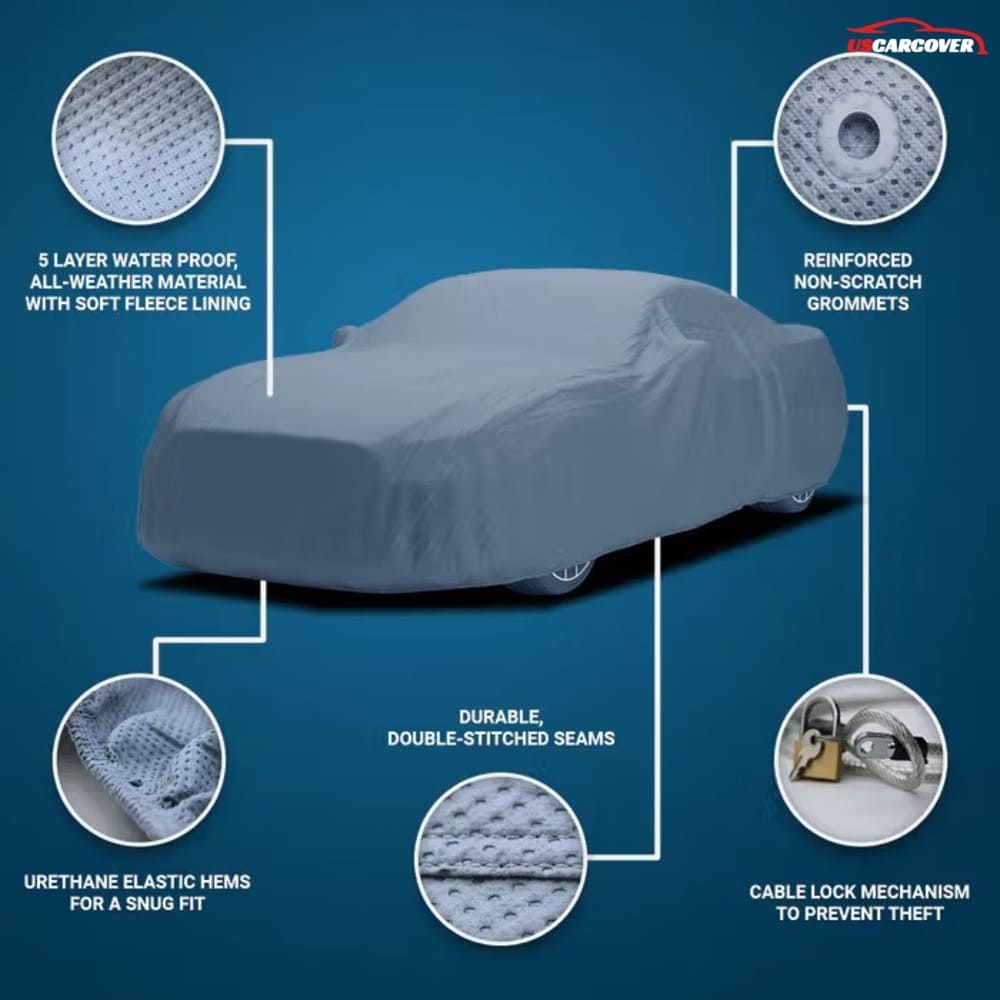
Related Posts: Truck Cover: What's Different Between With and Without Camper Shell
5 Common Materials Used to Make Car Covers
1. Polyester
Polyester car covers are lightweight, durable, and budget-friendly. This material is commonly used for outdoor covers due to its water-resistant and UV-resistant properties. It provides reliable protection against rain, dust, and moderate sunlight, making it a versatile choice for many car owners.
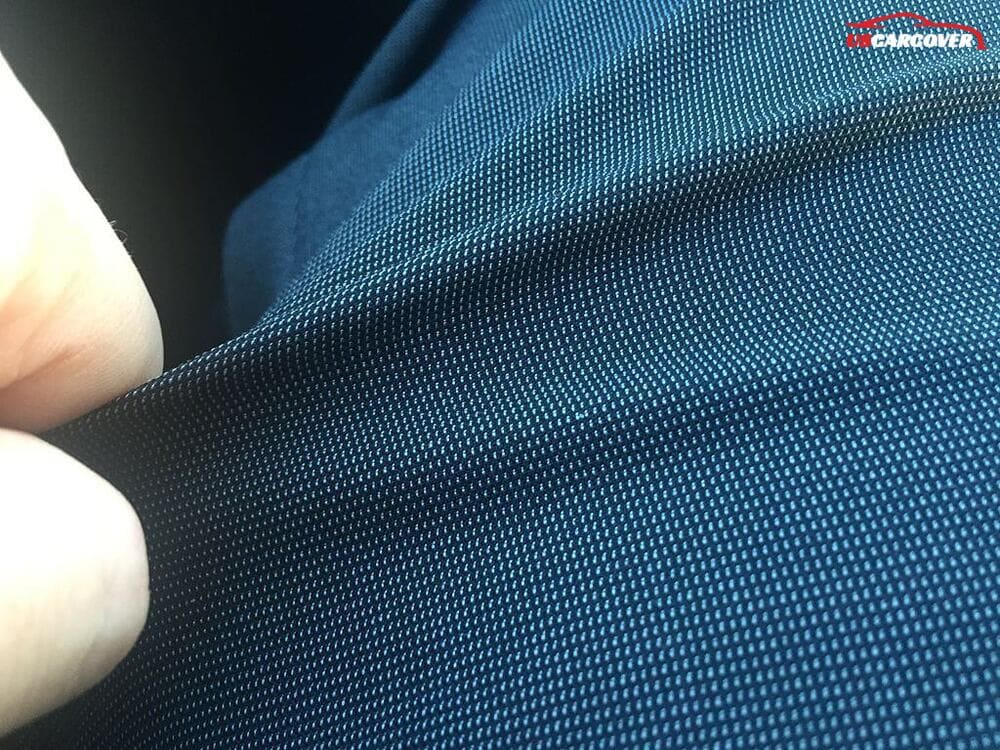
2. Polypropylene
Soft, breathable, and eco-friendly, polypropylene car covers are ideal for indoor use. They prevent dust accumulation and ensure that your car’s paint stays scratch-free. However, their water resistance is limited, making them less suitable for outdoor protection.
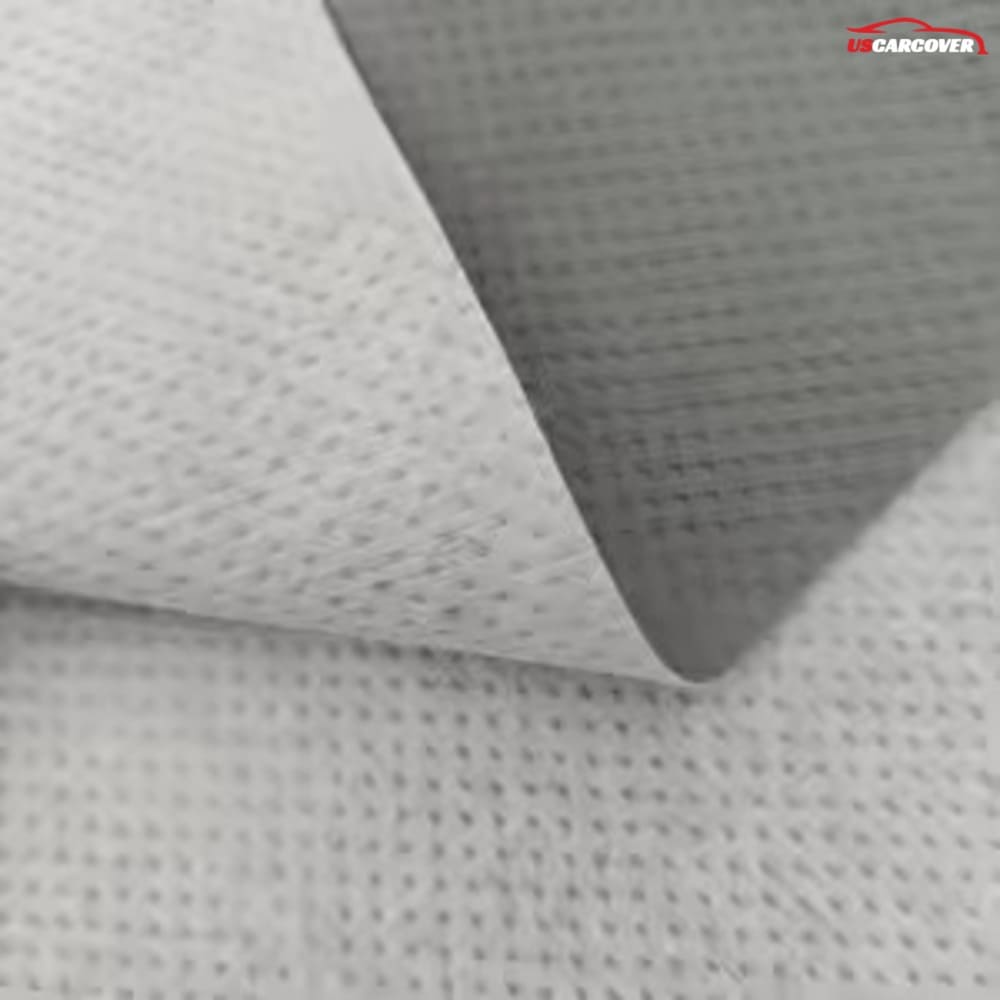
3. Vinyl
Vinyl car covers are heavy-duty and waterproof, offering excellent protection against rain, snow, and harsh weather conditions. Their robust UV resistance makes them perfect for outdoor use. However, vinyl’s lack of breathability can trap moisture if not used properly.
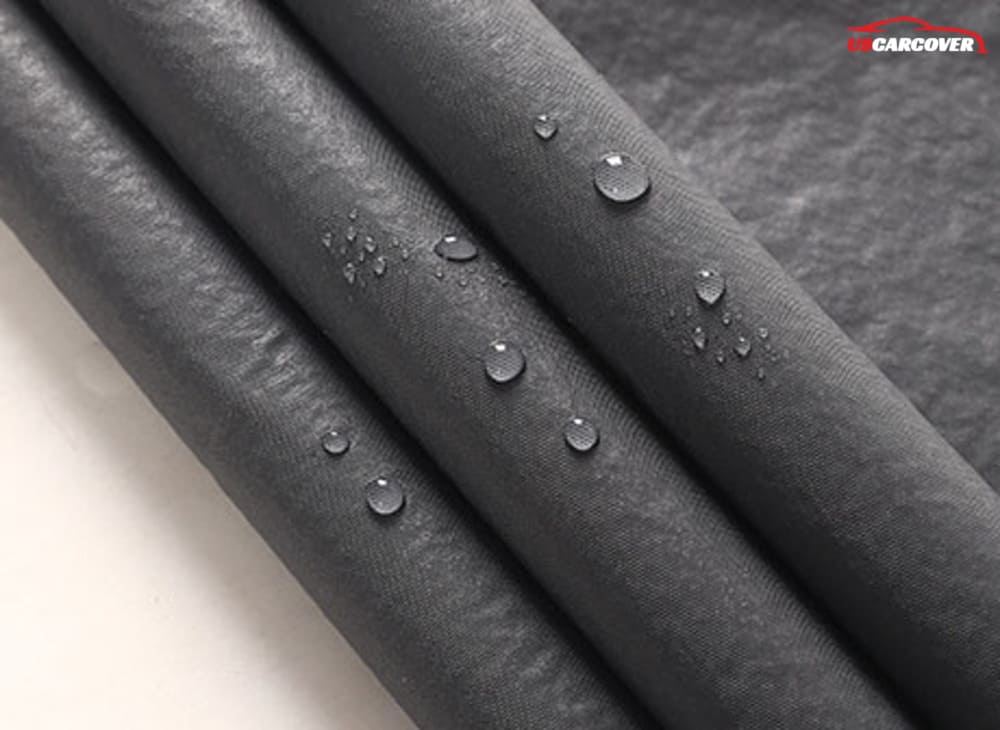
Related Posts: 10 Common Types of Car Cover Materials: Analyze and Evaluate
4. Cotton or Cotton Blends
Known for their soft texture, cotton car covers are gentle on paint and provide effective indoor protection. They are breathable, preventing mold and condensation, but their water and UV resistance are minimal, making them unsuitable for outdoor use.
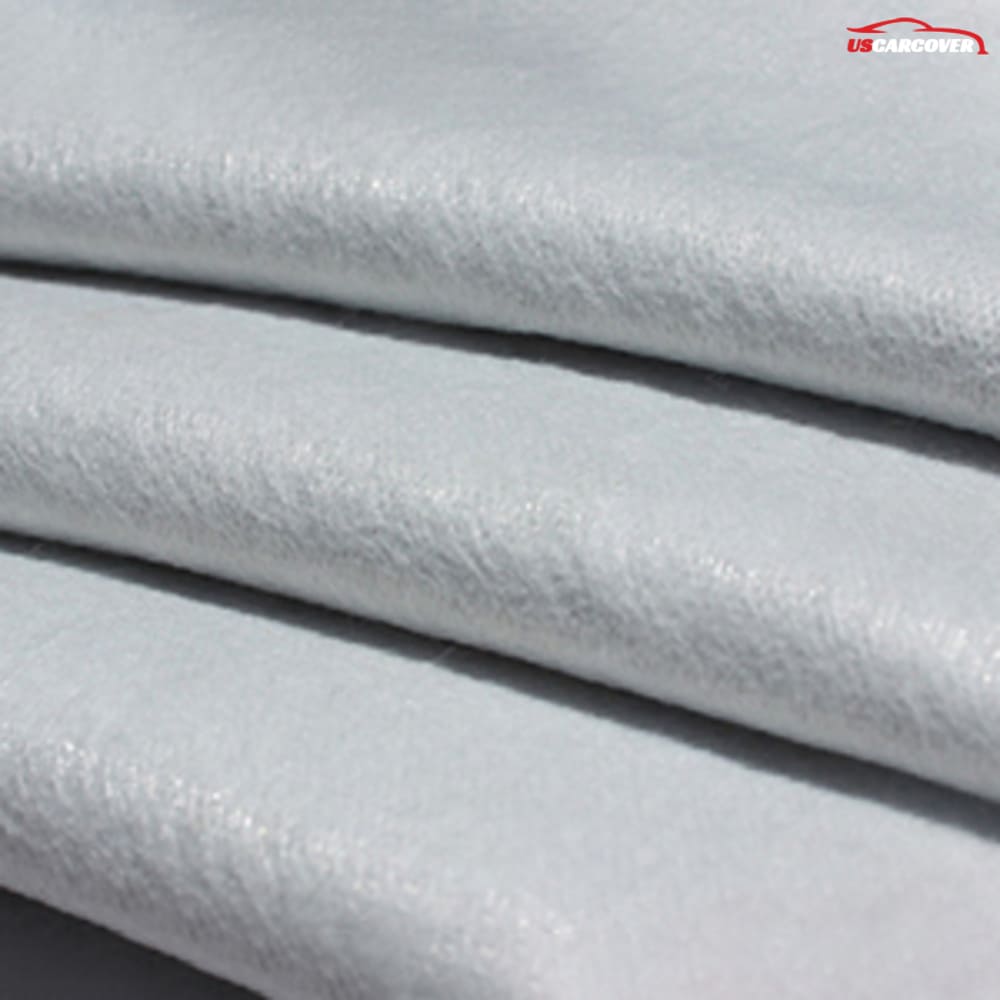
5. Polyurethane
Flexible and highly durable, polyurethane car covers are an excellent all-weather choice. They combine waterproof and breathable features, making them effective for both indoor and outdoor environments. While they come at a higher price, they deliver premium protection for your vehicle.
Each material offers unique benefits, so selecting the right one depends on your specific needs and where you store your car.
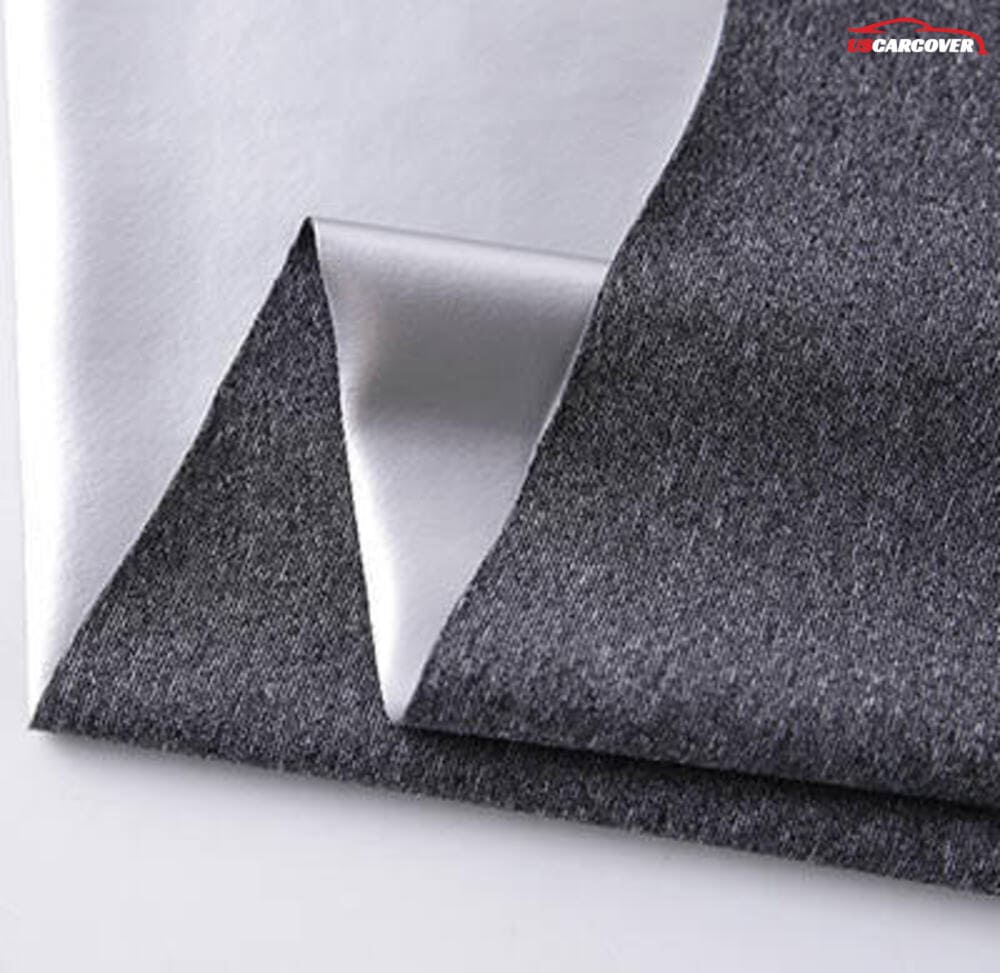
Related Posts: Secure, Snug, and Reliable: The Benefits of Elastic Hem Car Covers
Factors to Consider When Choosing the Right Material
1. Climate and Weather Conditions
The climate where you park your car plays a significant role in selecting the right car cover material. For rainy areas, waterproof materials like vinyl or polyurethane are ideal, while UV-resistant polyester is perfect for sunny climates.
2. Indoor vs. Outdoor Use
For indoor storage, softer materials like cotton or polypropylene protect your car from dust without scratching the paint. If parked outdoors, opt for weather-resistant options like polyester or vinyl to shield against rain, UV rays, and debris.
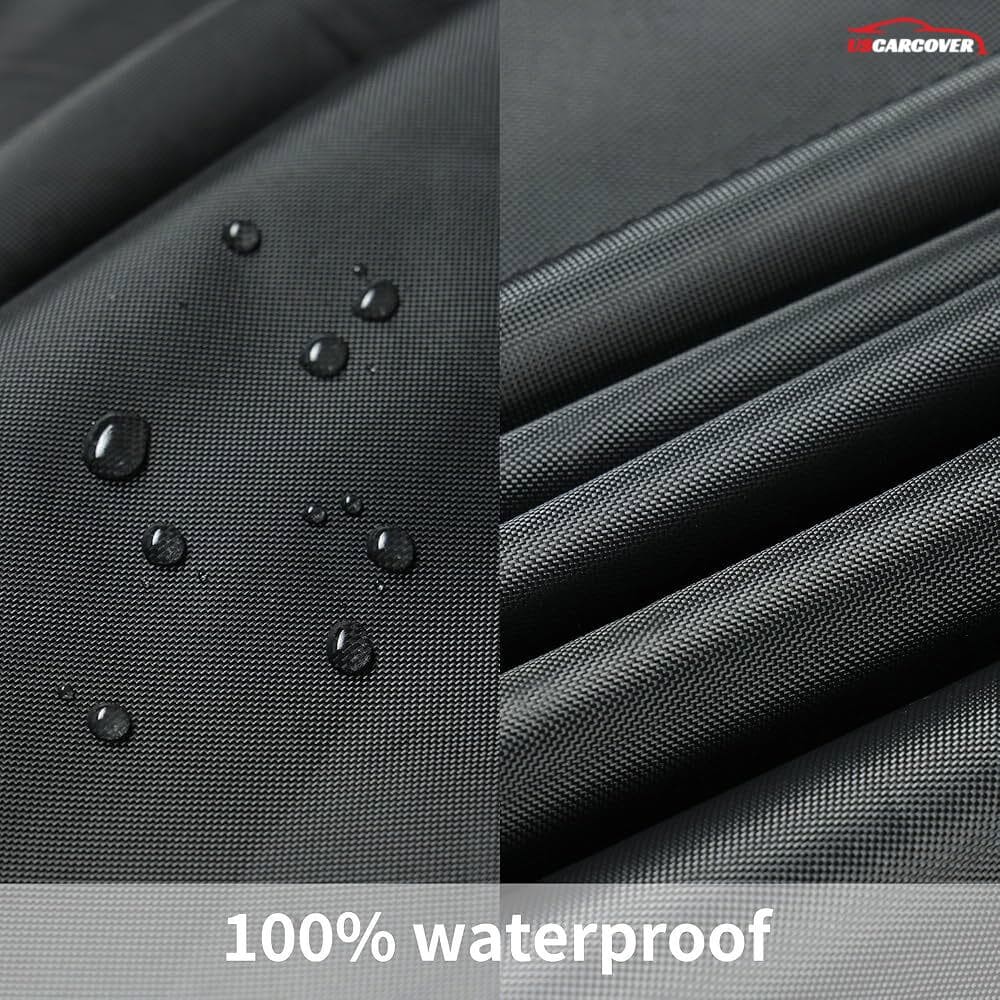
3. Vehicle Type and Finish
Luxury vehicles or cars with delicate paint finishes benefit from non-abrasive materials such as cotton blends. Ensure the car cover material fits your vehicle size and shape perfectly to avoid unnecessary wear and tear.
4. Durability and Longevity
High-quality materials like polyurethane or heavy-duty polyester offer better durability, making them cost-effective in the long run. Cheaper materials might save money upfront but often lack the resilience needed for prolonged use.
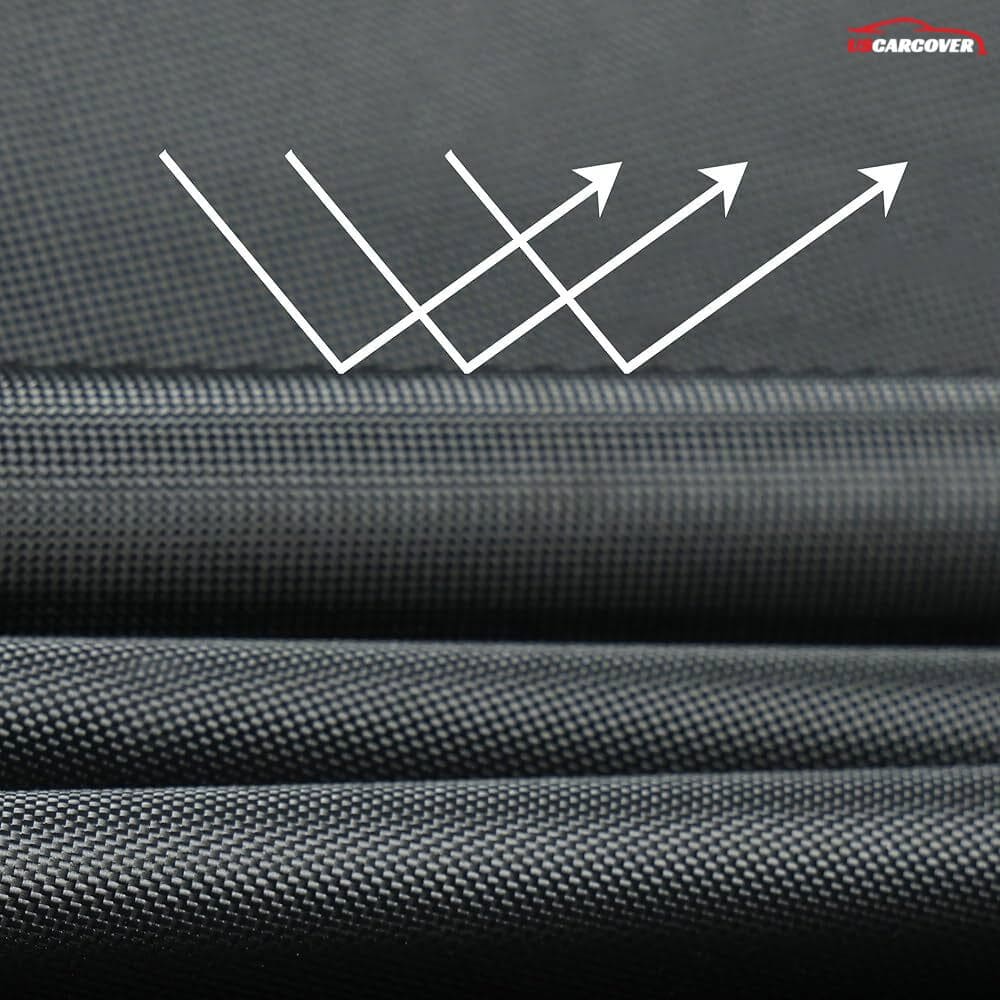
5. Budget and Purpose
While premium car cover materials like polyurethane provide superior protection, budget-friendly options like polypropylene or basic polyester can be effective for specific needs. Assess your priorities to find the best balance of cost and quality.
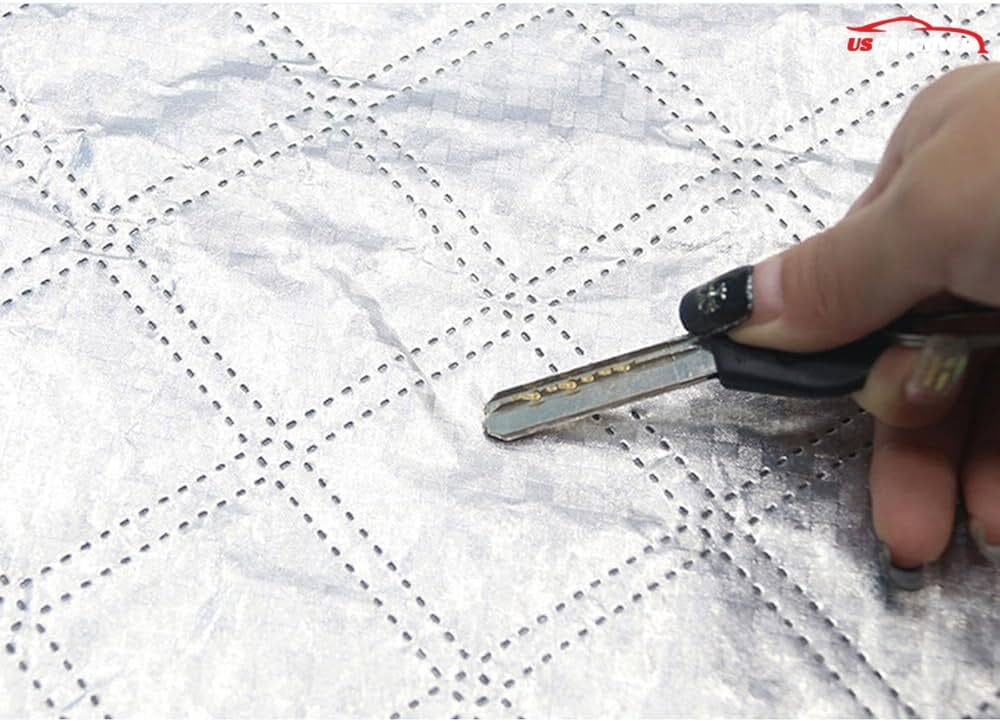
Related Posts: Top 5 Benefits of Using a Car Cover with Mirror Pockets
Conclusion
Selecting the right car cover material is essential for ensuring your vehicle gets the protection it deserves. Each material, whether polyester, polypropylene, vinyl, cotton, or polyurethane, offers unique benefits tailored to specific conditions. By understanding your needs, such as climate, storage location, and vehicle type, you can choose a material that provides optimal protection and value.
For premium-quality car covers that combine durability, functionality, and affordability, trusted brands like USCarCover.com offer excellent options to safeguard your car in any environment. Protect your investment today with the perfect car cover!
